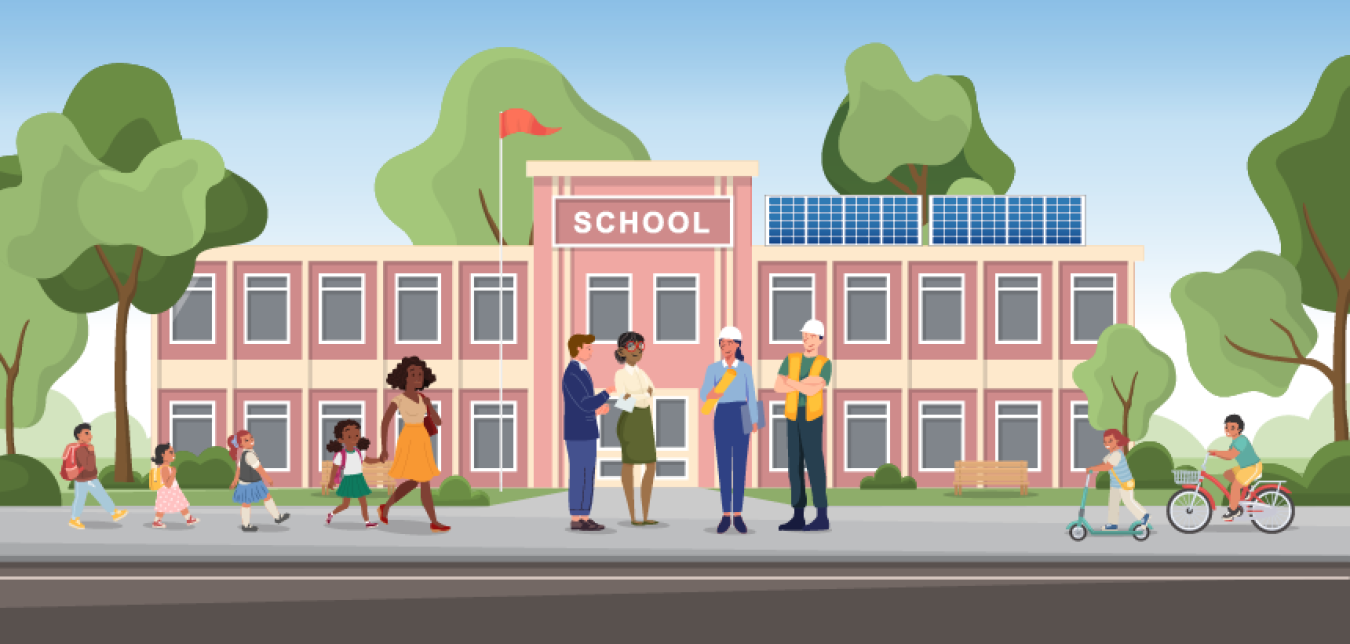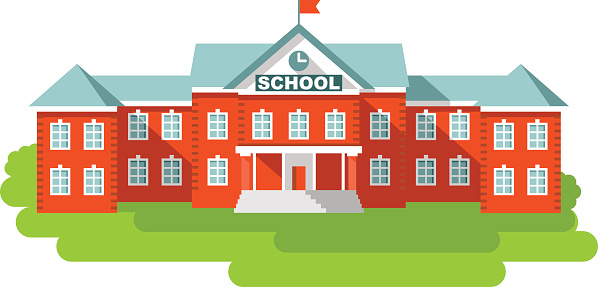Discover the Benefits of Campaigning For: Save Temecula Schools
Wiki Article
Understanding the Significance of Schools in Youngster Advancement and Area Development
Schools' engagement with local communities with service-learning initiatives reinforces the bond between families and instructional institutions. This symbiotic relationship highlights the significance of schools in nurturing energetic citizenship and lifelong knowing behaviors.Academic Accomplishment
Academic achievement acts as a keystone of kid development, offering the foundation upon which future understanding and success are built. Institutions play a critical role in cultivating this academic development, using structured atmospheres where youngsters can acquire vital expertise and cognitive abilities. Standardized educational program guarantee that students gain proficiency in core subjects such as maths, scientific research, and language arts, which are important for both college and specialist chances.In addition to presenting essential academic abilities, institutions also grow crucial reasoning, analytical abilities, and intellectual interest. These cognitive expertises are crucial for navigating complex real-world circumstances and adapting to the ever-evolving demands of the modern-day work environment. Educators, as facilitators of learning, utilize diverse instructional approaches to provide to different knowing styles, therefore making best use of private pupil potential.
Furthermore, scholastic success is carefully connected to self-confidence and motivation. Kids that experience academic success are more probable to establish a favorable self-concept and a lifelong passion for discovering. Colleges additionally provide numerous sources, such as libraries and modern technology, which even more improve the instructional experience and prepare pupils for a technologically sophisticated culture.
Social Ability Growth
Beyond academic accomplishment, the duty of colleges in social skill development is crucial. Schools act as a key location for kids to find out and practice necessary social abilities such as dispute, teamwork, and communication resolution. In the structured atmosphere of a classroom, pupils communicate with peers, teachers, and other institution personnel, using many chances to create these vital capabilities.Efficient social skill growth in colleges is promoted via group tasks, collective projects, and extracurricular programs. These interactions assist students understand social standards, develop compassion, and cultivate a sense of community. For example, group assignments teach pupils exactly how to function with each other in the direction of a common objective, listen to various perspectives, and navigate differences constructively.

The growing of social skills during school years lays a structure for future personal and expert connections. Save Temecula Schools. As students develop, the capacity to efficiently collaborate and interact comes to be increasingly essential, underscoring the institution's vital duty in holistic kid growth
Direct Exposure to Diversity
Exposure to variety in schools is basic to promoting a comprehensive attitude and expanding students' point of views. Schools act as a microcosm of the wider culture, and experiencing diverse societies, languages, and socioeconomic histories within this setting equips trainees with crucial abilities for browsing a progressively globalized world. This exposure motivates empathy, reduces bias, and advertises shared regard amongst peers.Varied class additionally boost social and cognitive development. Research indicates that students that engage with peers from different histories display much better problem-solving abilities and imagination. They discover to appreciate different point of views, which enriches classroom discussions and cultivates an extra dynamic knowing experience. Furthermore, this understanding of diversity prepares students for future offices that value multicultural competence.

Area Engagement
The benefits of diverse classrooms extend beyond the institution wall surfaces, cultivating a strong feeling of area engagement among trainees. By interacting with peers from various cultural, socioeconomic, and ethnic histories, pupils obtain a more comprehensive point of view and an appreciation for diversity. This exposure encourages them to become energetic citizens that are willing to contribute favorably to their areas.Colleges that stress area engagement often integrate service-learning jobs, which enable trainees to resolve real-world issues while applying academic skills. These projects not just enhance students' understanding of their coursework but additionally instill a feeling of obligation and empathy. Furthermore, partnerships between schools and local organizations give pupils with chances to join community occasions, better strengthening their duty as aggressive area members.
Additionally, adult and neighborhood involvement in colleges strengthens the bond between universities and the communities they offer. They produce a collaborative environment that profits all stakeholders when institutions open their doors to More Help community occasions, workshops, and volunteer opportunities. This shared support group guarantees that students get holistic development, preparing them to come to be all-around people who add and value to their communities. Via these efforts, schools play a pivotal function in supporting neighborhood involvement and fostering social growth.
Lifelong Learning Routines
Creating long-lasting learning behaviors is necessary for a youngster's continuous growth and versatility in an ever-changing globe. Schools play a critical function in instilling these routines by developing an atmosphere that promotes interest, essential thinking, and a love for expertise. With extracurricular tasks and varied educational programs, teachers motivate trainees to check out different topics, assess information seriously, and use their learning to real-world situations.
Additionally, colleges offer an organized environment where kids can create self-discipline and time monitoring skills, both of which are critical for constant understanding. By emphasizing the relevance of setting goals, reviewing progression, and adapting methods, schools prepare trainees to browse the complexities of adult life, ensuring they stay long-lasting students and contributors to society.
Verdict
In final thought, institutions are necessary in promoting youngster growth and neighborhood growth by providing atmospheres helpful to academic achievement, social ability growth, and exposure to diversity. Ultimately, schools learn the facts here now grow long-lasting discovering practices, equipping people with the essential knowledge and abilities to contribute positively to society.In the structured setting of a classroom, pupils interact with peers, instructors, and various other institution team, providing countless chances to establish these crucial capacities.
In essence, exposure to variety within schools not just enhances specific trainees yet also enhances the social material of the community as a whole.
The advantages of varied classrooms prolong past the school walls, fostering a solid feeling of community interaction amongst trainees.Schools that highlight area engagement typically include service-learning jobs, which permit students to deal with real-world issues while using scholastic skills. Partnerships in between colleges and neighborhood organizations offer trainees with chances to take part in area occasions, better solidifying their role as positive neighborhood members.
Report this wiki page